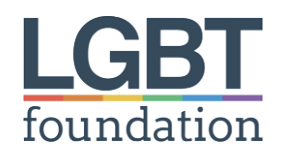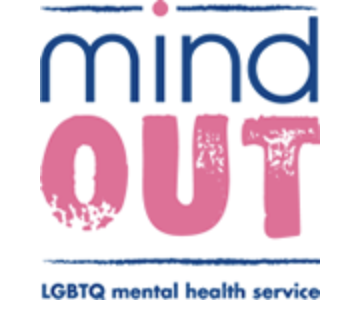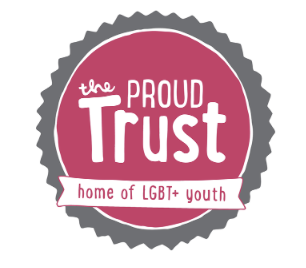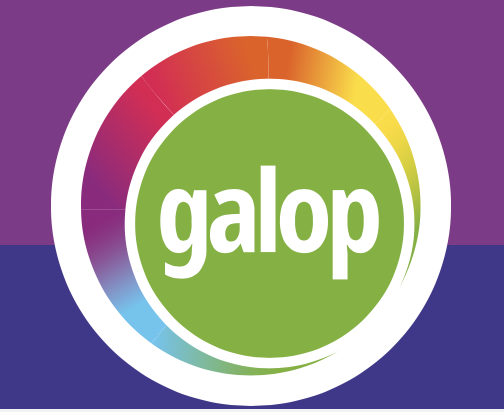Sexuality
Your sexuality or sexual orientation is the part of your identity that relates to who you find attractive.
The attraction to others does not have to be sexual, it could be romantic.
Some people are attracted to:
- a particular gender
- more than one gender
- who the person is (for example their morals, values, humour, intelligence)
- a combination of the above
Finding out your sexual orientation
It can feel quite daunting to step back and ask yourself 'Am I straight or gay or any other sexuality?' But you are the only person that is able to answer that question.
Nothing has 'caused' you to feel this way and there is nothing wrong or weird about the way you are feeling. How you are feeling is completely valid and you shouldn’t put yourself under pressure to figure out your sexuality immediately. Take time to explore your feelings. It will be difficult to understand your feelings if you ignore them.
You might find it helpful to talk to other people who have gone through or are going through the process of questioning their sexuality. You can meet other LGBT+ young people at your nearest LGBT+ youth group.
‘Coming out’ is when someone tells someone else about their LGBT+ identity. In relation to sexuality, this means telling someone that you are gay, lesbian, bisexual, queer, or any other sexuality which isn’t straight.
Do not feel any pressure to 'label' your identity but take the time to explore it. If you do choose to label your sexuality, be aware that later you might choose to change how you describe yourself. This is completely normal, and many other people do this too as they come to better understand their feelings.
Ways people describe their sexuality
The Proud Trust put together some of the words people may use to describe their sexuality as seen below. You should not feel any pressure to assign yourself a 'label'.
Allosexual: A person of any gender or sexual orientation who experiences sexual attraction
Aromantic: A person of any gender or sexual orientation who experiences little, or no, romantic attraction. Aromantic people may still experience other types of attraction, such as sexual or physical attraction
Asexual: A person of any gender or sexual orientation who experiences little, or no, sexual attraction. Asexual people may still experience other types of attraction, such as physical or romantic attraction
Biromantic: A person who experiences romantic attraction to more than one gender but little or no sexual attraction
Bisexual: A person of any gender who experiences attraction to people of their own gender and other genders
Demisexual: A person who only experiences sexual attraction to people they have a close emotional connection with
Gay: Traditionally this word has meant a man who is attracted to other men. These days refers to any person who is attracted to people of the same gender
Heterosexual or straight: A person who is attracted to people of a different gender
Lesbian: A woman who is attracted to other women
Pansexual: A person of any gender who is attracted to people of all genders
Queer: Some people use it as a collective term for LGBT+ people. Some use it to explain their gender, sexual or political identity. Some people still use this word as an insult and this is not okay.
Questioning: A person who is uncertain about or exploring their own sexual orientation or gender identity
Local resources
West Yorkshire Healthier Together LGBTQ+ support services page has information on local LGBT+ youth groups and support.
Dealing with your gender can sometimes be a stressful experience. There are West Yorkshire Healthier Together pages with information about depression, anxiety, self help and local mental health services.
National Resources
 LGBT Foundation is a national charity delivering advice, support and information services to lesbian, gay, bisexual and trans (LGBT) communities. They have information on sexual health and sex guides.
LGBT Foundation is a national charity delivering advice, support and information services to lesbian, gay, bisexual and trans (LGBT) communities. They have information on sexual health and sex guides.
 MindOut is a mental health service run by and for LGBTQ+ people. Their online support is available for all.
MindOut is a mental health service run by and for LGBTQ+ people. Their online support is available for all.
 The Proud Trust is an LGBT+ organisation that supports LGBT+ young people through youth groups, peer support, mentoring programs and the Proud Connections chat service.
The Proud Trust is an LGBT+ organisation that supports LGBT+ young people through youth groups, peer support, mentoring programs and the Proud Connections chat service.
 Gendered Intelligence works to increase understanding of gender diversity and improve the lives of trans people. They offer online groups and in person youth groups in Leeds. They also offer 1 to 1 support.
Gendered Intelligence works to increase understanding of gender diversity and improve the lives of trans people. They offer online groups and in person youth groups in Leeds. They also offer 1 to 1 support.
 Galop supports LGBT+ people who have experienced abuse and violence.
Galop supports LGBT+ people who have experienced abuse and violence.



